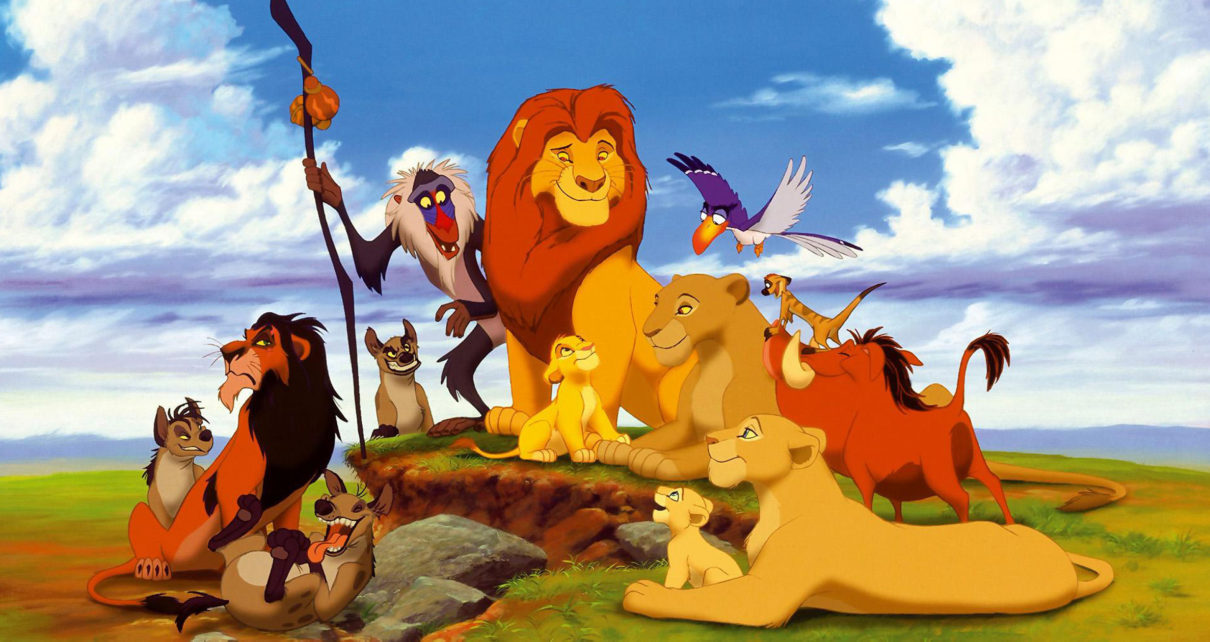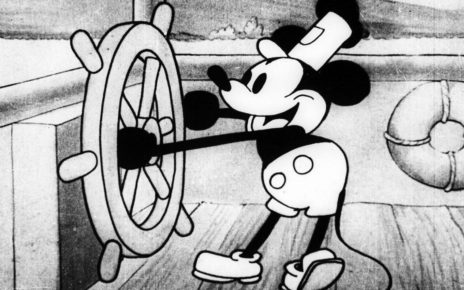“Be prepared for the murkiest scam.”
Those were the words of an egomaniacal demagogue commencing his coup d’état to seize rule over the savannah and, consequently, upend a wild but stable kingdom ruled by his elder brother. A quarter century later, Scar’s words also describe the efforts of the Walt Disney Company, which owns the very rights to his existence, as it goes about remaking a very long shortlist of its own greatest animated films—including The Lion King—as “live-action” films. Never mind, of course, that The Lion King of 2019, too, is animated.
This whole enterprise is late capitalism encapsulated: a cynical ploy at raking in billions of dollars on recycled properties they have already made billions from audiences that have, by and large, long since seen and loved the (inevitably superior) animated originals. At least Disney had the decency to hire a principal voice cast primarily comprised of black actors, and overall, the company is finally making headway in the representation department. But considering Disney’s never-ending attempts to own the world and efforts—which were eventually somewhat thwarted—to underpay as many of its employees as possible, it’s hard not to see that, too, as simply an attempt to save face.
And yet, here we are. The Lion King remake comes out July 18, a quarter century, give or take a month, after the original was released. The critics have already weighed in, and the verdict ain’t pretty. The only thing that is pretty, critics note, is the CGI animation, but again, Disney will not call this an animated movie. So we, the animation-loving audience, many of whom were raised on Disney movies since the day we were born, have three choices: 1. ignore this fiasco entirely, 2. rewatch the original and ignore this fiasco entirely, or 3. give the fiasco a chance (and give Disney more of our money). The case for the first two options has already been made. So what’s the case for the third, besides worshipful pop-cultural affection for the (surely very-well-paid) celebrities in the credits?
One answer, as is often the case when talking about animation (at least when I’m talking about it!), is that this film will give a whole new generation of children and opportunity to grieve through art. As a Dead Mom Millennial (DMM™) who witnessed his young mother’s death as a child a few months after The Lion King OG first hit theaters, I can confirm that The Lion King was second only to The Land Before Time in helping me process my loss through art.
The opportunity to witness dramatic, up-close-and-personal parental loss onscreen in characters and scenarios you can identify with as a young child is indescribably important for trauma victims, and animated films are better than live-action films for capturing this for so, so, so many reasons, primary among which is the value of being able to see oneself in a character whose facial features are more iconic than specific. In some ways, animation is even more powerful for this than books, or at least it was for me: the immediacy of film, in conjunction simply unmatched.
See? Maybe Disney should be calling this thing animated after all! Of course, we could always just watch the original, which is sure to still be better on this topic. But at this point, it’s too late. There’s a new king on the block.
The Lion King is undead. Long live the dead.
Thanks for reading The Dot and Line, where we talk about animation of all kinds. Don’t forget to follow us on Twitter and sign up for our newsletter





